The 4 Foundations of an Optimal Self-Care Strategy
The idea of self-care is akin to refuelling a car. Only most of us are better at remembering to fill the car up when it’s needed than we are our own fuel tanks. But self-care is essential. It’s not selfish – it’s necessary if we’re going to give our best selves to others.
And there’s no truer analogy than the oxygen mask. I know it’s a tired cliché but think of the logic behind it. If we were to put our child’s mask on first, where would that leave us? Unable to help, no longer around, what is the long term benefit of that? Self-care doesn't equate to personal indulgence. It's the smart move.
There are many articles that tout self-care tactics – find time to exercise, eat properly, take a time-out, get into nature, and so on. But what’s the big idea here? What really underpins the effectiveness of a tailor-made future proof self-care strategy?
Try these four core beliefs to determine which tactics will work for you - even on those busy days.
1. Boundaries, boundaries, boundaries
I could almost write this and it be enough. It is fundamental to learn to say “no” and to be comfortable saying so. We’ve stumbled into a world with an “always on” mentality and it doesn’t allow us sufficient downtime or recovery. Know that a “no” to someone else means a “yes” to yourself.
It’s hard at first, and some people won’t like it, but see how empowering and liberating it feels when you realise you’ve done it and it’s actually okay. One of the books which has most helped me with this idea is Essentialism by Greg McKeown. He talks about any yes or no decision point being a “hell yes” or “no” decision point, meaning that if something isn’t a “hell yes” to you, it’s probably really a “no”. There should be some excitement around activities we really want to do. If we don't feel this way about them, perhaps rethink your choice?
2. Know thyself
Going for a run for one person represents self-care. For another, it might represent their worst nightmare. If you don’t know when you’re most in flow, you might be choosing the wrong fuel to fill your tank anyway. Flow is a state created when you’re “in the zone”, when a couple of hours pass by and you’ve hardly noticed the time.
What creates flow for you? Find what reinvigorates and recharges you and do more of that. This is also informed by personality type. Are you an introvert or an extrovert? Introverts can be social too but going out with a group of people for dinner is likely to drain their energy by the end of the evening rather than increase it. They will likely need a self-care activity to come home to in order to get the same recharge that an extrovert would.
3. Embrace self-compassion
Self-care isn’t just what you do for yourself but how you talk to yourself. All the nature walks, exercise and good food in the world will still leave you depleted if you’re filling your head with negative self-talk. Self-compassion is a necessary part of any self-care strategy.
You’re allowed to make mistakes, you’re allowed to forget things, you’re allowed to miss the gym and you’re allowed to relax. Most of all you’re allowed to cut yourself some slack, lower your expectations and accept that part of being human means we have our weaknesses and that things change and require us to adapt. So adopt some kind ways of speaking to yourself just as you adopt other tactics to refuel your tank.
4. Commit to a routine
Effective self-care isn’t simply initiated when we most need it. Paradoxically, that can often be when it’s most challenging to commit to. Instead, self-care should be a long-standing routine. Let’s revisit the car analogy. Savvy owners will service their car regularly because they know that it makes economic sense not to risk a serious problem.
It’s no different for our bodies and minds. Regular maintenance and upkeep can prevent a big future problem. This creates a cumulative positive effect over time and cultivates our resilience. Having a strong self-care regimen on an ongoing basis will improve our ability to weather the rough roads.
So before you find yourself diving into self-care tactics you think will work for you, take some time to get to know yourself better. Earmark some regular time in your schedule, practice some positive self-talk, and learn to say “no” to others so you can finally say “yes” to YOU.
Mindfulness can help you notice the mental patterns that are keeping you stuck - thinking you don’t have time for self-care. When you notice these, you can decide to choose a different belief. We can help you integrate mindfulness into daily life or provide support and coaching that helps you take better care of the person who deserves it most - YOU. Schedule a free discovery call to learn how today.


